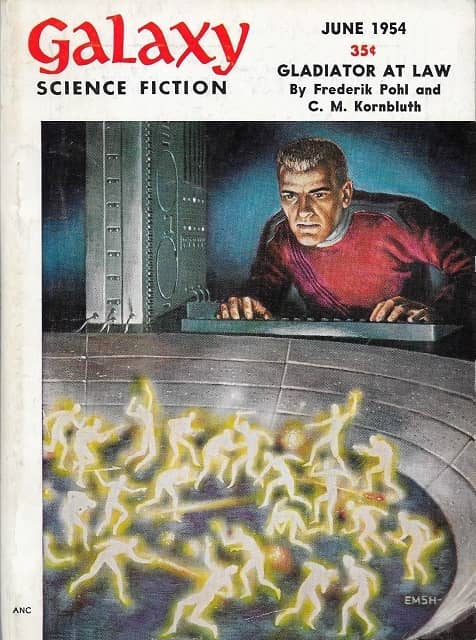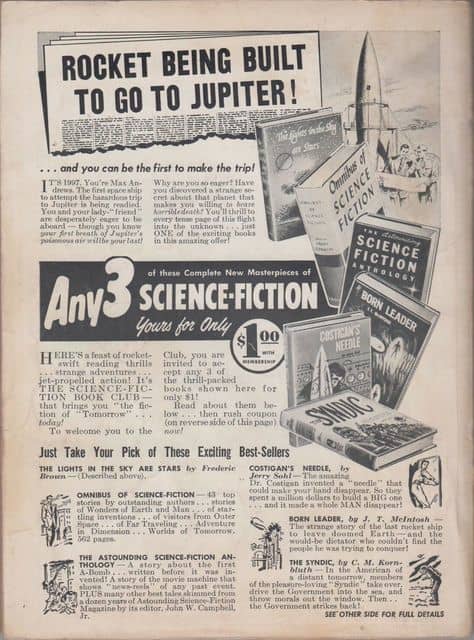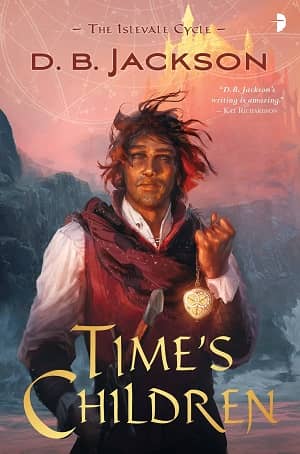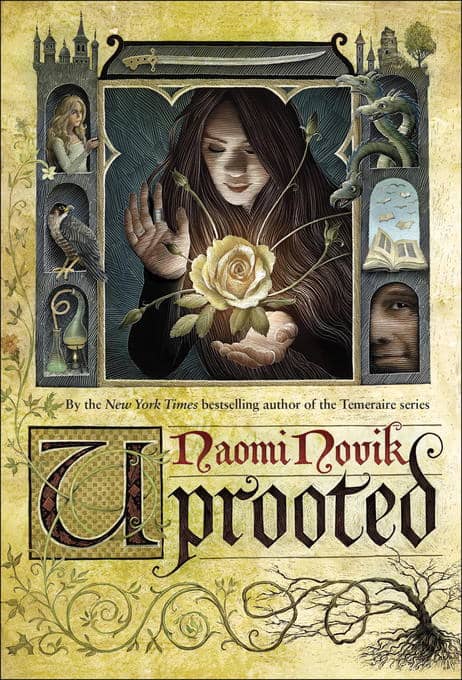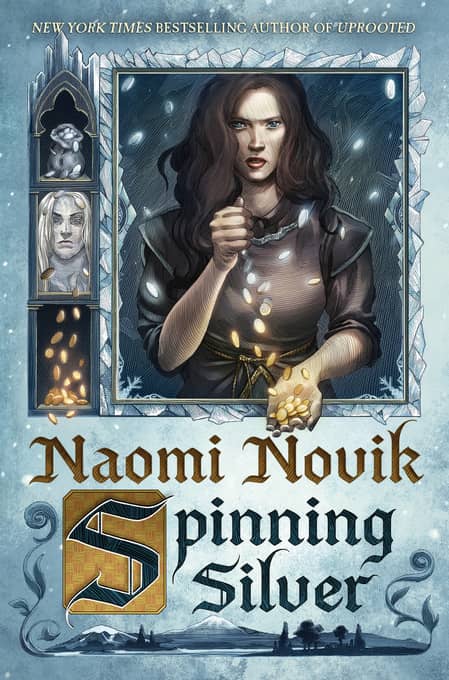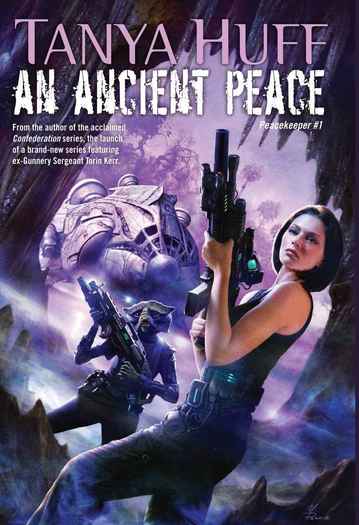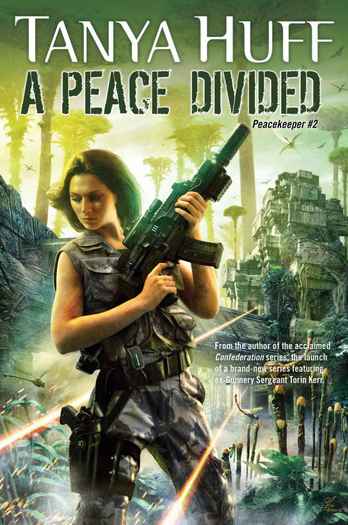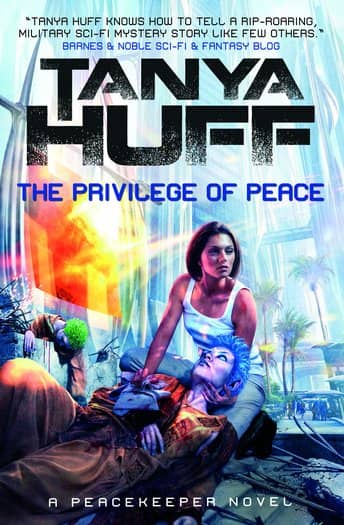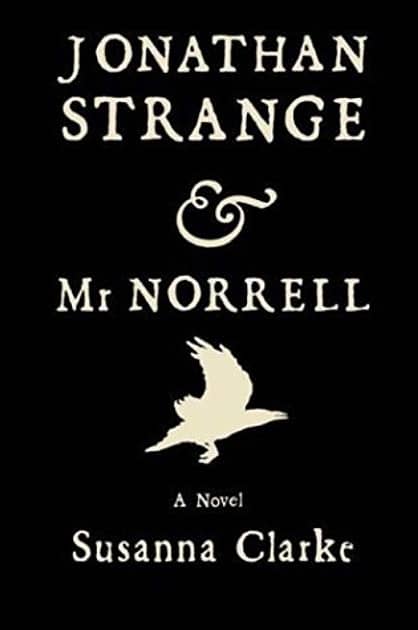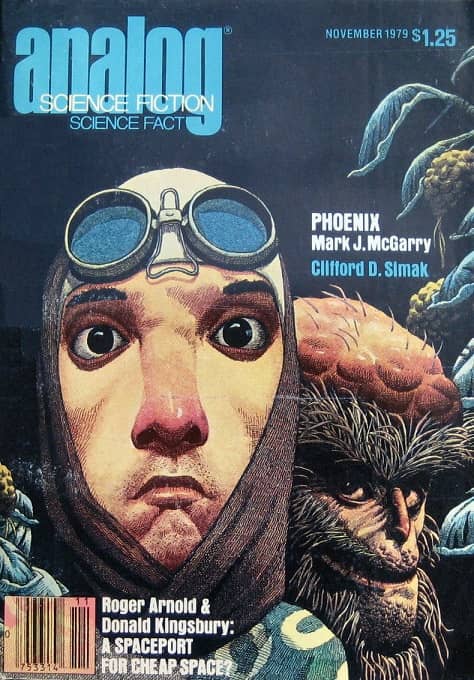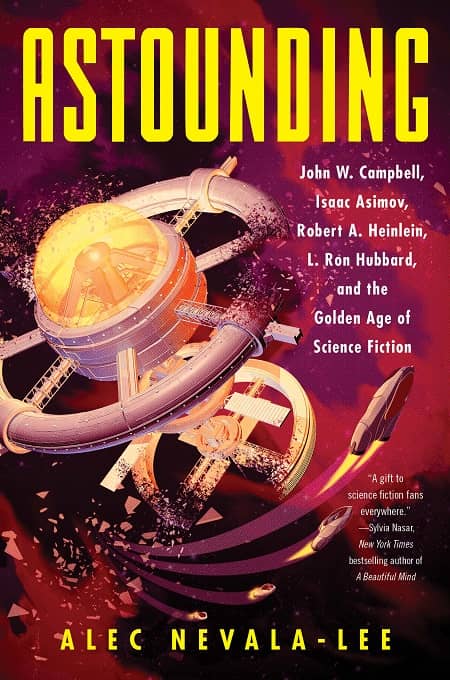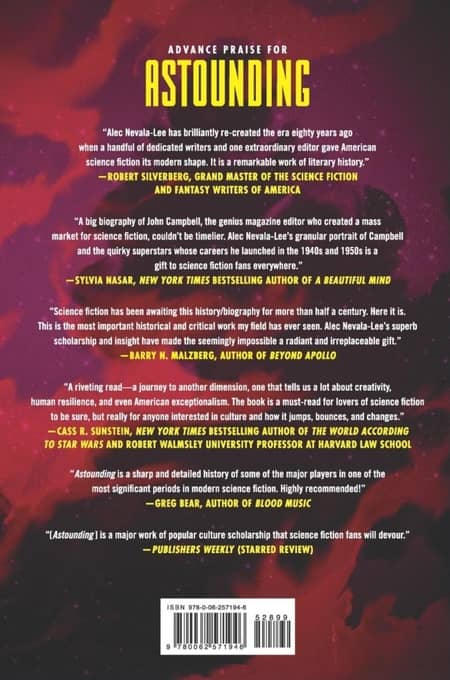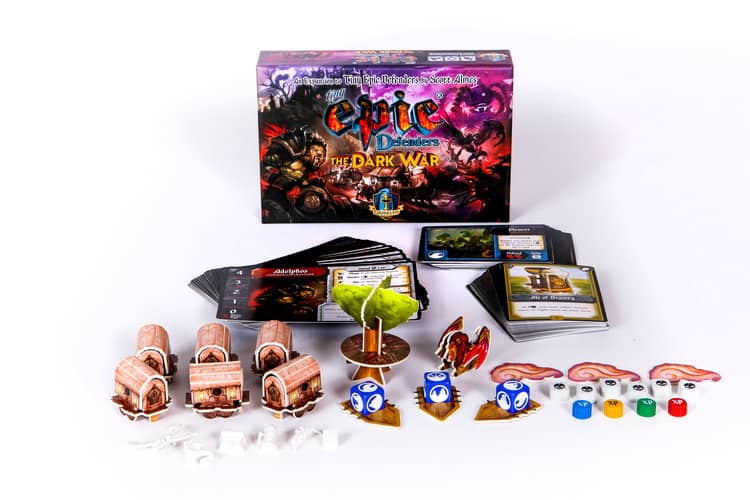In 500 Words or Less: Two New Anthologies! New Suns and Resist
 |
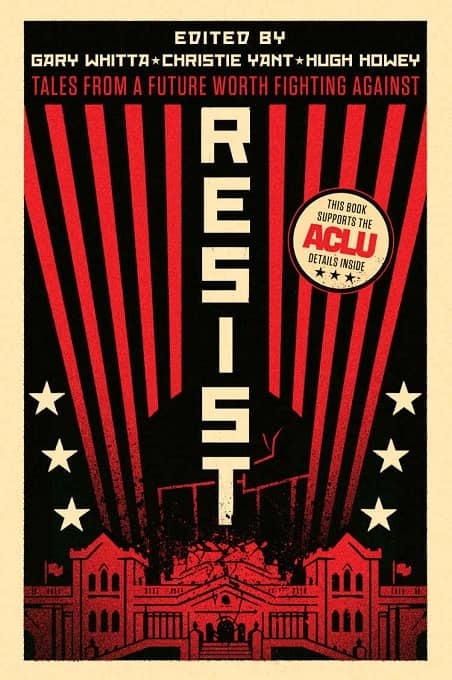 |
New Suns: Original Speculative Fiction by People of Color
Edited by Nisi Shawl
Solaris (384 pages, $15.99 paperback, March 2019)
Resist: Tales from a Future Worth Fighting Against
Edited by Gary Whitta, Christie Yant and Hugh Howey
Independently published (386 pages, $14.99 paperback, $7.99 eBook, October 19, 2018)
I’ve never been a fan of predictions about the time we live in, especially if they’re grandiose, but damn if someone doesn’t claim decades from now that today was a new golden age of SFF, especially in short fiction. Sure, there’s still a lot of the same generic crap being published (for some reason), but simultaneously there’s so much compelling, engaging work coming out that I can’t keep up.
Take, for example, New Suns: Original Speculative Fiction by People of Color, edited by Nisi Shawl. A few of the names I recognized in here, but so many of them I had never heard of before, which I imagine is part of the point. “Harvest” by Rebecca Roanhorse is dark and delicate as it explores a relationship between a chef and a supernatural being called the “deer woman.” Jaymee Goh’s “The Freedom of the Shifting Sea” provides soft undertones about industrial development and environmental destruction, while Tobias S. Buckell doesn’t mince any of that with his depiction of an Earth bulldozed by aliens looking for resorts and tourist traps in “The Galactic Tourist Industrial Complex.” But the one that really blew me away was Minsoo Kang’s “The Virtue of Unfaithful Translations,” written as a treatise about a painting that tells the tale of a peace treaty concocted by two translators. I’m not sure that sounds captivating, but I promise you, it is.
